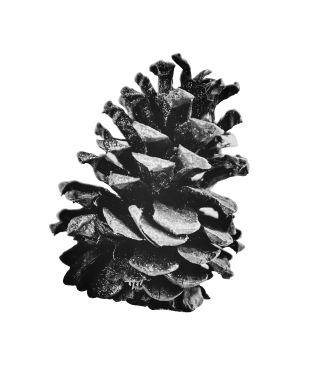
Reconciliation
The forest’s incredible capacity for renewal can be a guide for fostering better relationships.

Reconciliation is essential to this movement.
The forest in this region grows nowhere else on Earth. It has many names but its original name is the Wabanaki forest. The forest roughly spans the traditional unceded territories of the Mi’kmaq, Wolastoqiyik, Pestomuhkati, Penawapskewi, and Abenaki. Together these five First Nations form the Wabanaki Confederacy, which means “People of the Dawn.”
Indigenous people have shaped and cared for this forest since time immemorial. In the 18th century, colonial governments transferred millions of hectares of “Crown” forest to individuals and corporations to incentivize settlement in what is now New Brunswick, Nova Scotia, and Prince Edward Island. That’s why, today, there are almost 90,000 private family forests across the region. These family forests make up almost 40% of the forest in the Maritimes, and their management has a huge influence on the health of the Wabanaki forest as a whole.
The Maritime Forest Accord is a movement to support all those who care for, manage, or own forestland in this region. Uplifting opportunities for reconciliation and learning from Indigenous forest knowledge, is essential to this movement.
Forest stewardship rooted in care and restoration
Through the Maritime Forest Accord, we hope that we can find opportunities and inspiration to work together to protect the Wabanaki forest for future generations. To do so, we must better understand the barriers that colonization has placed between First Nations and the land.
The dominance of intensive and extractive forest management practices is limiting the ability of both Indigenous and non-Indigenous communities to practice the full breadth of traditional and ecological forest management practices on the land for which they care. Through this initiative, we hope to show that forest stewardship founded on regeneration and care are possible and are already being practiced to great success in this region.
While this project cannot answer all of the questions about how land is used and shared in the region, we want to offer participants the space and opportunity to work together. The forest’s incredible capacity for renewal can be a guide for fostering better relationships with each other and the forest.

The Conservation Through Reconciliation Partnership
This partnership between IISAAK OLAM Foundation, the Indigenous Leadership Initiative, and the University of Guelph offers excellent resources on reconciliation.
Learn moreThe Unama’ki Mi’kmaw Project
Learn about the Unama'ki Mi'kmaw Indigenous Protected and Conserved Areas (IPCA) Project.
Learn more about The Unama’ki Mi’kmaw Project.